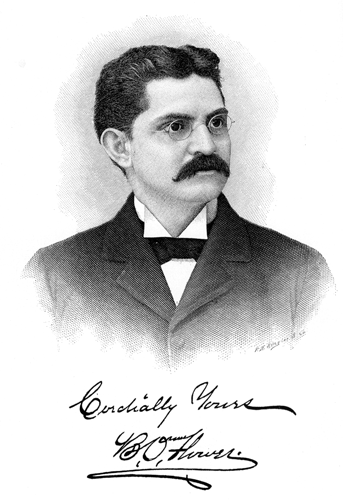by Nomad
Since the first presidential impeachment in 1868, the procedure has proved to be a terribly imperfect tool. However, even when not applied, its existence is essential for the Republic.

David Stewart's book, Impeached: The Trial of President Andrew Johnson and the Fight for Lincoln's Legacy is a fascinating study of a constitutional crisis. The book is set against the period immediately after the war of rebellion when the nation was attempting somehow to put the country back together. Just to show you how easily things can go terribly wrong, Lincoln's best intentions turned out to be a colossal misjudgment.
Not many historians have pointed out that Lincoln was, in fact, neither Republican nor Democrat in this second term. He was the candidate for the National Unity Party and he chose as his vice-president, Andrew Johnson, was a Southern Democrat. (Imagine that? A single ticket made of both parties?)
Had Lincoln not been murdered, the constitutional crisis of presidential impeachment would have been avoided. However, the new president's suspected loyalty to the defeated South, his position that states had the right to their sovereignty- even after what most saw as outright sedition- were too much for some in Congress to bear. When faced with an unyielding Republican minority (every bit as querulous and uncompromising as today's Tea Party) determined to unseat the president by hook or crook, the 17th President's arrogance and stubbornness made impeachment unavoidable.
It's a good read. And the story of how and why the Radical Republicans attempted to use the process of impeachment to remove President Johnson gives a lot of insight into the ways elected representative under partisan stress can lose track of their primary mission.





